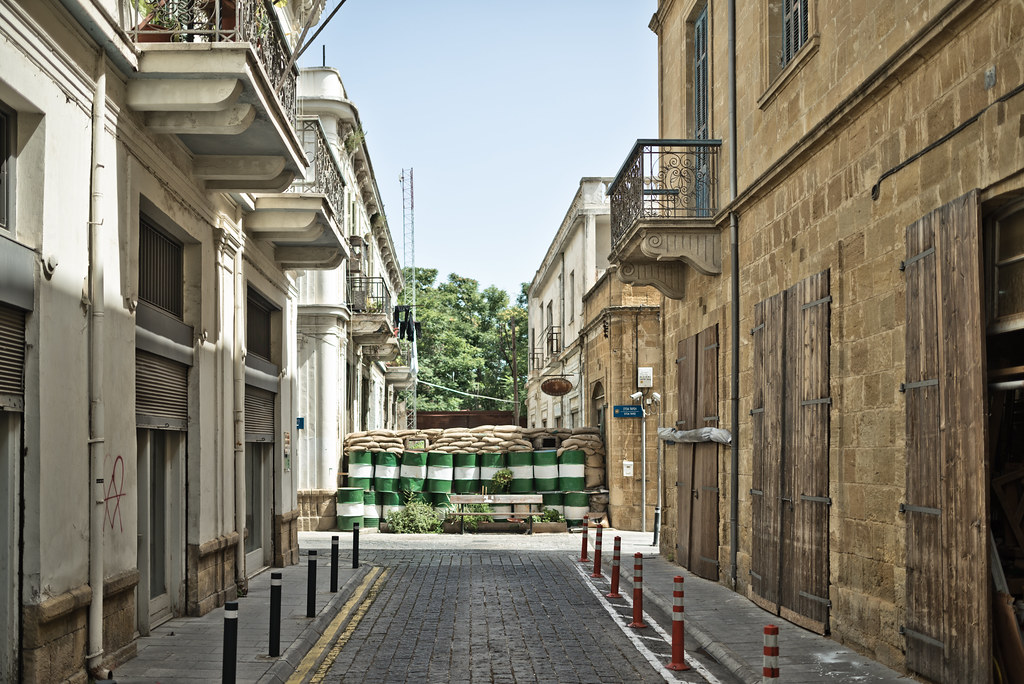The government has been vilified for the perceived failure to contain the wildfire that broke out in Malia village around lunchtime on Wednesday and spread in the hills north of Limassol killing two people and scorching 125 square kilometres of land that included at least 93 houses destroyed. It was not just the opposition parties that went on the offensive, but social media overflowed with disparaging comments about the failure of the authorities to deal with the fire, a reflection of the real public anger.
Seeing the devastation caused by the fire – the worst ever experienced in Cyprus – public anger was understandable, but some of the criticism may have been unfair. Hours before the fire started the fire service had said it was on alert and aircraft were monitoring the situation in the countryside north of Limassol because conditions made wildfires a possibility. Temperatures in the 40s had been forecasted, there was no humidity and very strong winds were blowing.
Much has been said about the response time to the outbreak of the fire in Malia, although there is no way of knowing whether it would have been put under control if the fire service had been notified faster and arrived in the area sooner. This is all part of the speculation as were suggestions that the foreign pilots of the firefighting aircraft were not familiar with the terrain. Then again, conditions were very difficult with the very strong winds reportedly changing direction and making it very difficult for the firefighting operations.
Perhaps people had unrealistic expectations of the firefighting operation under the specific conditions. We have seen wildfires in countries, with much better firefighting resources and greater expertise than Cyprus, destroy vast areas. Wildfires have been raging in Greece in recent days, and they have broken out in Spain, Italy and Turkey this month. Extreme heat and dry conditions, a consequence of climate change, have made wildfires a feature of the summer all over the world and once they start, they are difficult to bring under control.
The last wildfire in Cyprus was in Arakapas, again in the Limassol district, four years ago. It killed four men and destroyed 55 square kilometres. It was the worst fire we had experienced but last week’s double the area. And this happened less than two months after some unnecessary public boasting by the government about its firefighting capabilities, which could be described as hubris. In early June, spokesman Konstantinos Letymbiotis, declared that the government was “at absolute operational readiness with strengthened forces, modern means and clear strategy”. as part of its “civil protection policy”. The government had secured 11 firefighting aircraft, the most Cyprus ever had, he said.
Expectations had been raised by the government’s boast, which most people, after the events of the last days, viewed as cheap, hollow propaganda. In the year that according to Letymbiotis, “the Republic is more prepared and strengthened than ever before” for the firefighting period, we suffered the worst ever devastation by wildfire. And no civil protection policy was evident as the government had not set up the 112 line for emergency calls or the Public Warning System (PWS) that would have briefed people about closed roads and no-go areas. People were still relying on church bells as the PWS.
One of the reasons for the public rage could have been the realisation that the Christodoulides government had failed spectacularly to ensure people’s safety, something everyone expects from their government. It could not even tell people in the fire-hit areas which roads they could use, with the result that an elderly couple were burned alive in their car. The events of the last few days brought home what many people suspected – this is a government obsessed with presentation and appearances and little else.
There is no substance to its declarations as its firefighting declarations proved. It made a big song and dance about the number of aircraft and firefighters at its disposal, but did nothing about people’s safety, despite the EU guidelines about the public warning system that were enshrined in law three years ago. Its civil protection policy had no practical impact. It existed only in the boastful rhetoric of the spokesman. Words are not enough to make people feel safe.






Click here to change your cookie preferences